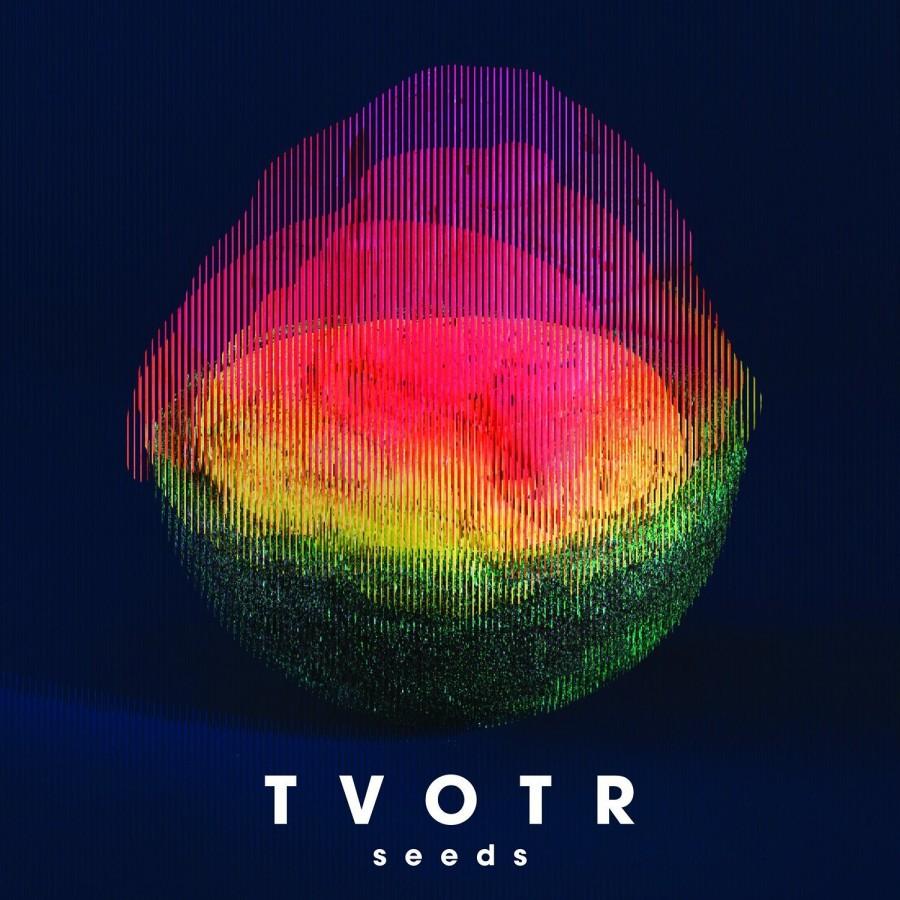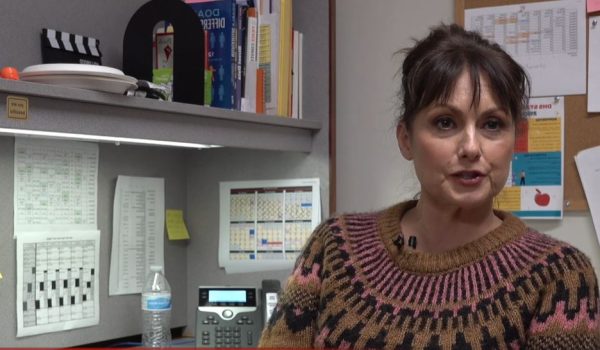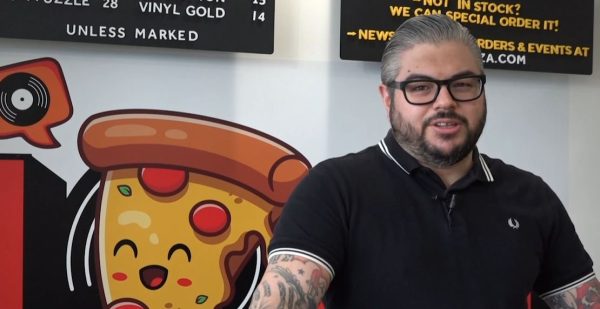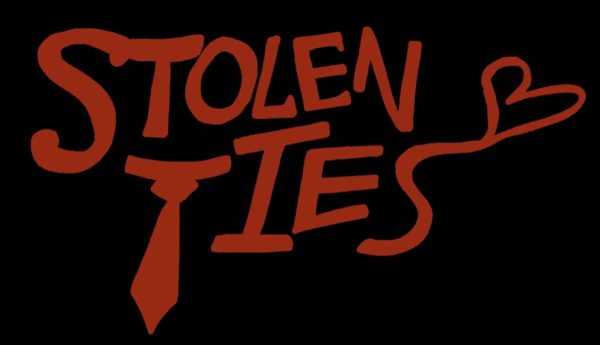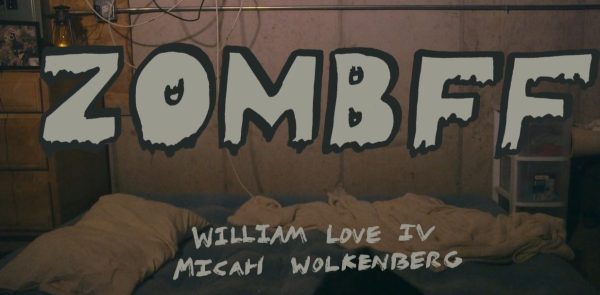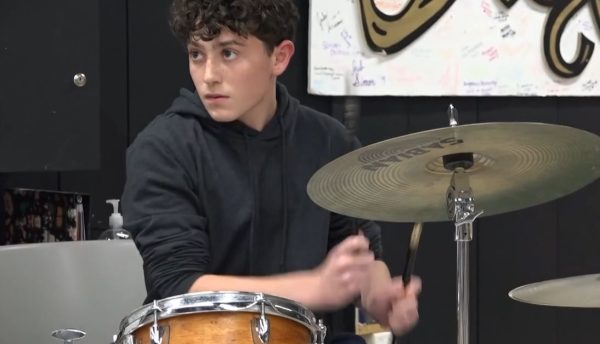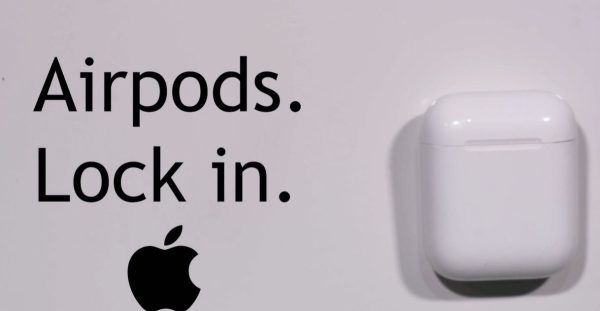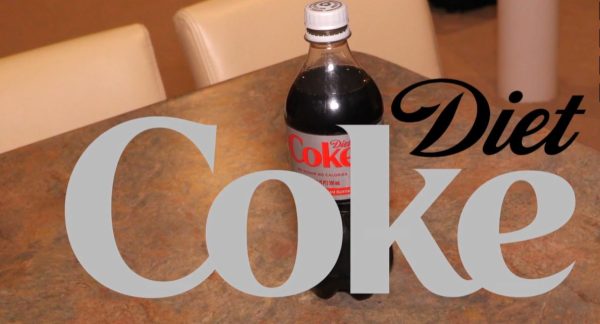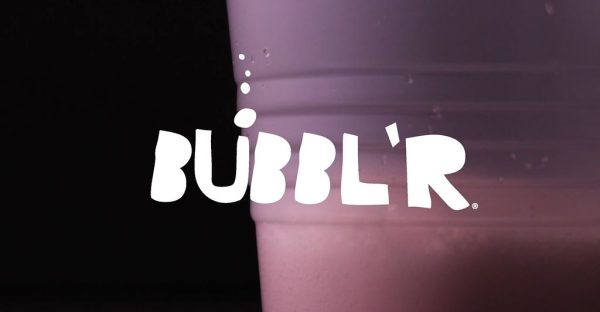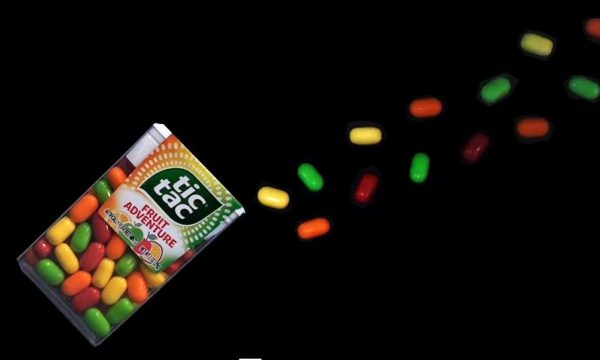Album review: TV On the Radio ‘Seeds’
Something really made me not want to like TV On the Radio’s fifth studio album and first major release since 2011. In a modern online landscape where a few years is an eternity, it had been a while, a long while, since I last heard TV On the Radio seriously talked about in the music scene.
Flashback to 2008 when people were absolutely losing their minds over the group’s potential after the release of Dear Science. The album topped year-end lists from Rolling Stone, The Guardian, Spin and Pitchfork’s readers’ poll. Their previous album, 2006’s Return to Cookie Mountain, broke the top five at Pitchfork and Rolling Stone and topped the list at Spin. The riff from Wolf Like Me (a single off of Return to Cookie Mountain) was pretty much inescapable.
But, in 2011, after a one-year hiatus preceding the release of their fourth studio album, TV On the Radio’s bassist, Gerard Smith, died of lung cancer only one month after diagnosis and nine days after the release of Nine Types of Light. The band, always eclectic, switched up their sound on the new album; Spin described it feeling “like the liquefying of a band, ten years and four albums deep, into the soft tenderness of pre-middle-age satisfaction.” Nine Types of Light did not crack the top five of any lists that year.
And neither will their newest release Seeds, the first since the death of bassist Gerard Smith and their departure from Interscope. That isn’t to say the album is not good, if not one of their best. Rather, it’s a testament to age, artist longevity and the changing landscape of critically acclaimed music.
Tunde Adebimpe opens up the album in a perfect Peter Gabriel impersonation (seriously, my mother asked me if what I was playing was a new Peter Gabriel project), wailing the first lines off the Seeds’ opening track, Quartz; Adebimpe asks, “How much do I love you?” – a question far different from their raw emotional aspect on earlier work like Return to Cookie Mountain and Dear Science. The track’s vocals and sound, like much of the rest of the album, come off more like detached observation than the involved and distorted sound of TV On the Radio’s past projects. They tightened things up on Seeds, each track itself sounding near perfectly engineered by primary-producer/rampant experimentalist David Sitek who somehow even managed to incorporate a bucket of marbles over piano strings into the rhythmic, often repetitive noise that constitutes the bulk of the album. Songs like “Could You” and the lead single “Happy Idiot” lyrically come off a lot like poppy-er hits by contemporaries such as Pearl Jam (on “Could You”) and Beck (on “Happy Idiot”’).
The sound on Seeds is that of a band comfortable enough with themselves to rein things in. Tunde Adebimpe and Kyp Malone tone-down many of the intricately spun lyrics of previous albums to more direct musings on love, loss and time. David Sitek leans in favor of industrial, driving beats that thrive in the contradiction of being complex in origin (see: marbles over piano strings) and direct in delivery. The band plays with a lot of different influences throughout the record, stemming from the aforementioned sound of Peter Gabriel, to 80’s pop-sounding jams like “Right Now.” Most of all, the album’s greatest strength is its ability to maintain the distinct touch of the creativity behind TV On the Radio throughout all its experimentation. Even when it sounds a little like Pearl Jam, Beck or Gabriel, the delivery is still decidedly Adebimpe, Malone, Sitek and Bunton.
However, it is the band’s growing maturity and accessibility that may keep the album from becoming recognized as one of the year’s best. Take Pitchfork’s 2013 top five: Modern Vampires of the City (Vampire Weekend), Yeezus (Kanye West), Settle (Disclosure), mbv (My Bloody Valentine) and Old (Danny Brown). Each of the albums appeal to a demographic very different than that of TV On the Radio’s Seeds; Settle is an electronic dance album (you have probably heard the Sam Smith collaboration “Latch”), Modern Vampires of the City is an alternative rock album about coming to terms with maturity (post-collegiate, mid-twenties sense of the term) and experience, Yeezus is an industrially-inspired, minimalistically-experimental rap album by Kanye West, Old is a manic-sounding hip hop banger and mbv is a My Bloody Valentine album (enough said). None of the above appeal to the sort of message TV On the Radio goes for on Seeds: accessibility of emotion. There’s no moral bankruptcy in growing up.
In an interview with the New York Times, Sitek said that the group made pop music how they thought it was supposed to be. On Seeds, TV On the Radio drifts towards what pop is generally expected to be and, in the process, makes some really great music that is their best work since 2008’s Dear Science. Widespread buzz or not, TV On the Radio is back and here to stay.

